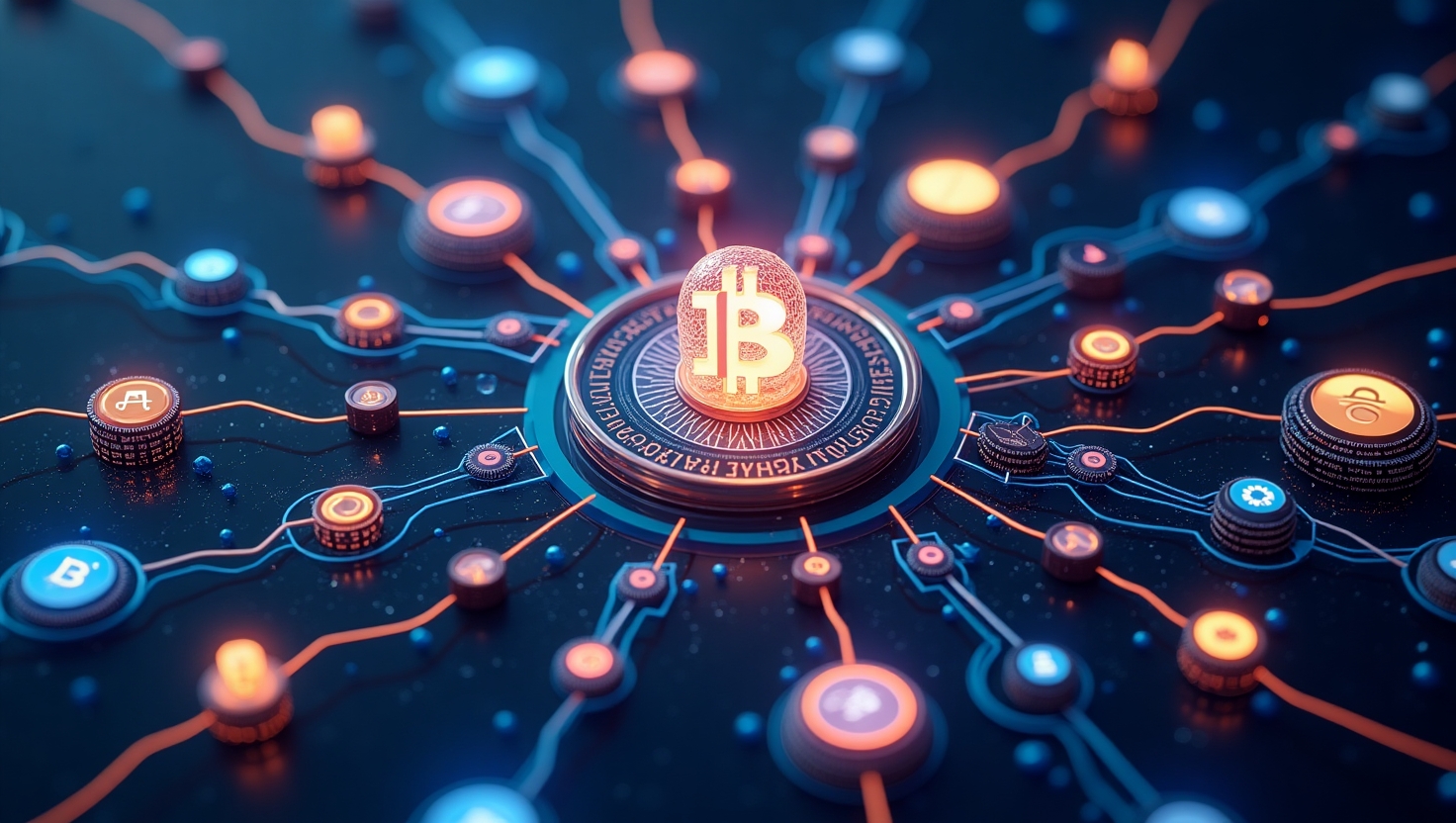고정 헤더 영역
상세 컨텐츠
본문

Introduction
Imagine a financial system where banks, brokers, and middlemen are no longer necessary—where you can lend, borrow, trade, and earn interest without needing permission from any institution. This is the promise of Decentralized Finance (DeFi), a blockchain-powered movement reshaping how we interact with money.
But is DeFi really the future of finance, or just a risky experiment? In this guide, we’ll break down:
✔ What DeFi is and how it works
✔ Key benefits over traditional banking
✔ Risks and challenges to watch out for
✔ The future of DeFi and its potential impact
By the end, you’ll understand why millions are betting on DeFi to revolutionize global finance.
What is DeFi? (Decentralized Finance Explained)
DeFi (Decentralized Finance) refers to financial services built on blockchain technology (mainly Ethereum) that operate without banks or intermediaries. Instead of relying on institutions like JPMorgan or Visa, DeFi uses smart contracts—self-executing code that automates transactions.
How Does DeFi Work?
- No Middlemen – Transactions happen directly between users via blockchain.
- Open to Anyone – No approval needed (unlike banks).
- Transparent & Secure – All transactions are recorded on a public ledger.
- Global Access – Works anywhere with an internet connection.
Popular DeFi Applications
- Lending & Borrowing (Aave, Compound)
- Decentralized Exchanges (DEXs) (Uniswap, PancakeSwap)
- Stablecoins (DAI, USDC)
- Yield Farming & Staking (Earning passive crypto income)
Why DeFi Could Replace Traditional Finance
1. No Banks Needed (True Financial Freedom)
Banks control who gets loans, accounts, and payment access. DeFi removes gatekeepers—anyone with a crypto wallet can participate.
2. Faster & Cheaper Transactions
Sending money internationally via banks takes days and high fees. DeFi transactions settle in minutes for pennies.
3. Higher Interest Rates (Up to 10%+ APY)
Banks offer 0.5% on savings. DeFi platforms like Aave and Compound offer 5-20% APY on crypto deposits.
4. No Censorship or Account Freezing
Governments and banks can freeze funds. DeFi is permissionless—no one can block your transactions.
5. Transparent & Auditable
Unlike hidden bank operations, every DeFi transaction is publicly verifiable on the blockchain.
Risks & Challenges of DeFi
While DeFi has huge potential, it’s not without risks:
1. Smart Contract Hacks
If a DeFi protocol has a bug, hackers can steal funds (e.g., $600M Poly Network hack).
2. Scams & Rug Pulls
Fake projects can disappear with investors’ money (Squid Game token scam).
3. High Volatility
Crypto prices swing wildly—loans can get liquidated if collateral value drops.
4. Regulatory Uncertainty
Governments may impose restrictions (e.g., SEC cracking down on DeFi).
How to Stay Safe in DeFi
✅ Use audited platforms (like Aave, Uniswap)
✅ Avoid too-good-to-be-true yields
✅ Never share private keys
✅ Start with small amounts
The Future of DeFi: What’s Next?
1. Mainstream Adoption
Big banks (JPMorgan, Goldman Sachs) are exploring DeFi integrations.
2. Better Scalability
Ethereum upgrades (Ethereum 2.0) will reduce fees and speed up transactions.
3. Institutional Money Entering
Hedge funds and corporations are investing billions into DeFi.
4. DeFi + Real-World Assets (RWAs)
Tokenized stocks, real estate, and bonds could merge with DeFi.
5. Central Banks Adopting DeFi
Countries are testing CBDCs (Digital Currencies) with blockchain tech.
Conclusion: Is DeFi the Future?
DeFi is still early and risky, but its advantages—no banks, higher yields, global access—make it a strong contender to replace traditional finance. As technology improves and regulations evolve, DeFi could become the default financial system for the digital age.
Will you be part of the DeFi revolution?




